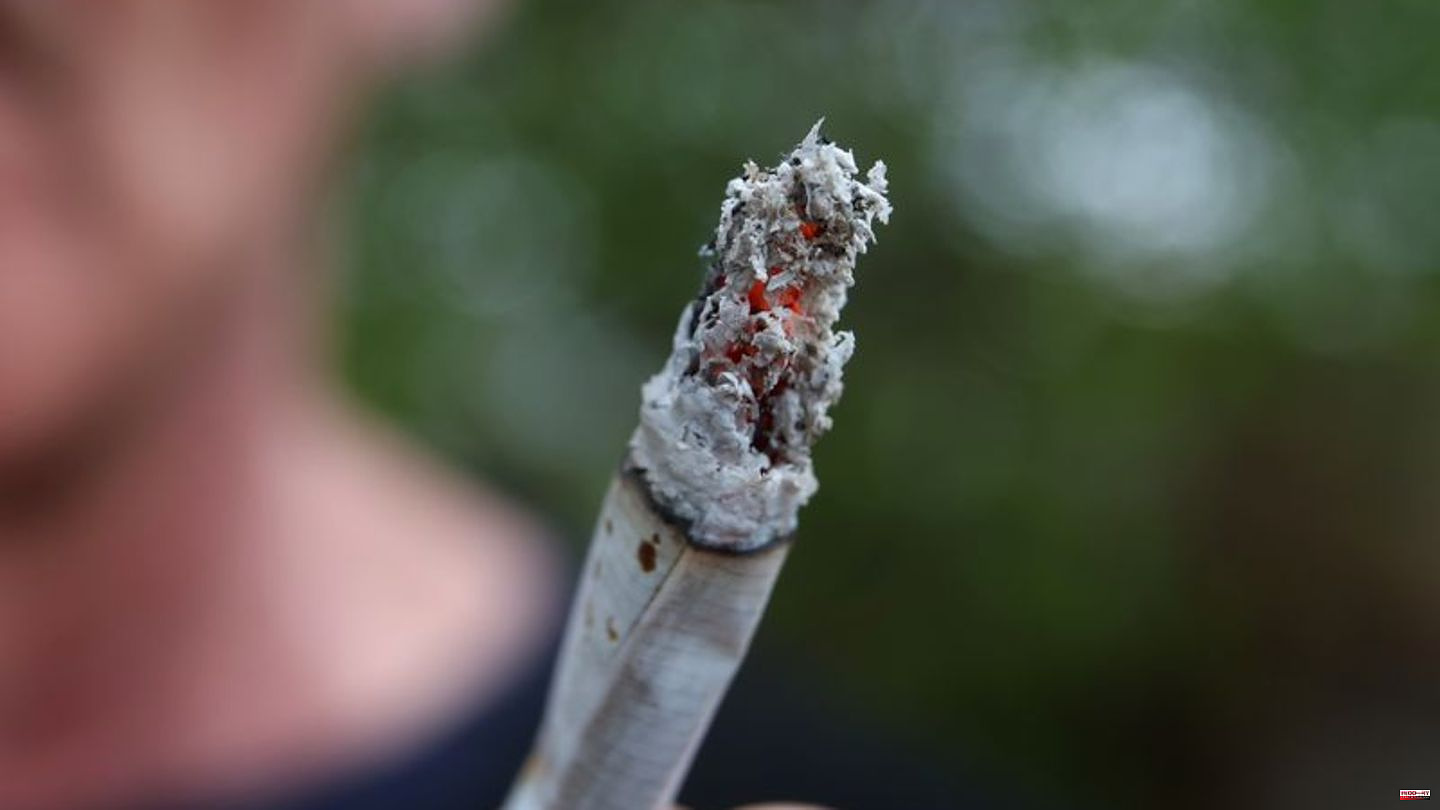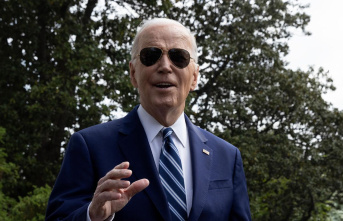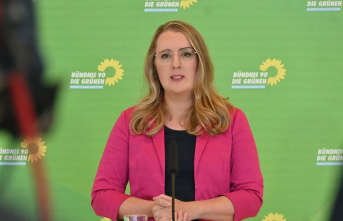The controversial legalization of cannabis in Germany will come as planned on April 1st. Representing Federal President Frank-Walter Steinmeier, who is on vacation, Federal Council President Manuela Schwesig signed the passed law.
The examination showed that “there are no constitutional concerns that prevent it from being issued,” said the Federal President’s Office. "The order for publication in the Federal Law Gazette has been given." The law was later announced in the Federal Law Gazette. The traffic light coalition's plan, against which protests have been loud until recently, will come into force on Easter Monday.
The law, which was approved after decades of discussions, represents a turning point in German drug policy. It allows possession and cultivation of the drug by adults with numerous requirements for personal consumption. On July 1st, non-commercial associations should also be able to start collective cultivation. The law passed by the Bundestag only passed the Bundesrat on Friday.
The Union in the Bundestag then hoped that the law could be stopped if the Federal President did not sign it. The head of state essentially checks laws to see whether they have been drawn up in accordance with the provisions of the Basic Law. According to the prevailing legal opinion, he is also entitled, within narrow limits, to a substantive right of review. He can then refuse to sign a law if its content clearly violates the Basic Law.
Lauterbach: “We want to deal with the black market as harshly as possible”
Federal Health Minister Karl Lauterbach once again defended partial legalization. If you don't do anything, you can't expect anything to get better, said the SPD politician, with a view to a growing black market and more children and young people consuming. “We really want to crack down on the black market.” Attempts are now being made there to create addiction more quickly through additives and toxic concentrations. Lauterbach emphasized that the penalty for criminal charges against children and young people would be significantly increased. That means: “If a 21-year-old regularly gives money to 17-year-olds, he will be sentenced to no less than two years in prison.”
Lauterbach also countered objections from the federal states that no legally produced cannabis would be available when legalization came into force, as cultivation would only be permitted from then on. If someone is consuming on April 2nd based on a plant they grew, it doesn't matter when the plant was purchased and grown or how much water it had. Rather, the following applies: “Here it is, it is now legal, and consumption is also legal.” The minister explained that most consumers are already consuming. There will be few who say: "Yes, my, that's allowed now, now I'll become a consumer."












